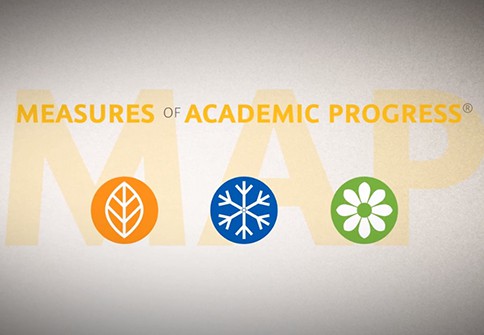The Future of Personalized Learning is Now

Jean Fleming
Call it personalized, differentiated or customized—teachers have long dreamed of an education system that lets them deliver the exact instruction a child needs at the exact right time to foster optimal learning and growth. It’s this drive that makes teaching as much a calling as a career.
And the dream really is tantalizingly close, thanks to an approaching tipping point that’s bringing together curriculum, instruction, and assessment—the three legs of the education stool—with technology and teachers. It’s happening now in classrooms around the country.
Getting Smart and the Next Generation Learning Challenges (NGLC) recently released a report profiling 14 schools across the country breaking through the traditional model of teaching and learning by providing personalized learning experiences that are proven to enhance student learning. The schools profiled are experiencing success in part by setting high expectations for college readiness and tailoring instruction to each student’s individual needs and measuring growth through the use of the Measures of Academic Progress Assessment, or MAP test.
To see what this type of breakthrough work looks like firsthand, I visited a Teach to One implementation, in a Brooklyn, New York public middle school. There, the literal and figurative walls have come down, bringing in a completely personalized approach to math. Each day, students get a customized assignment, centered on data gathered in real time.
Based on the data, students rotate through different learning modalities—direct instruction, small group work, and independent study—in the course of a 90-minute block. The teachers also move, one day working one on one with students, another day delivering a lesson to a larger group.
Undergirding the personalization at Teach to One is a system that gathers inputs from different kinds of assessment, including formative, in-the-moment assessments, and longer interim assessment such as the Measures of Academic Progress Assessment, or MAP test. Together, this information helps pinpoint the students’ immediate instructional needs, and helps track growth over time.
The computer adaptive MAP test used by New Classrooms is not constrained by grade level, which means a high performing student may be introduced to test items aligned to higher grade curriculum standards, and low performers may see test items aligned to standards from earlier grades. The resulting scores can be used to indicate student progress and identify curriculum concepts that students may have already learned, or be ready to learn.
Adaptive assessments with high levels of precision such as MAP create unique assessments for each student from a large pool of test questions aligned to standards. Because each student receives different questions, a broader range of curriculum objectives get sampled, and the test results produce a more detailed portrait of how students are performing. Armed with this information, educators then can find or develop specific resources to support the student’s learning path.
Not every teacher has a Teach to One-style personalized program in place. So to simplify the work of connecting assessment results with curriculum resources, providers of the MAP assessment collaborated with Khan Academy—a nonprofit on the forefront of education innovation—to connect RIT scores from the test to specific instructional resources in Khan. Through the use of targeted tools like these, teachers across the country are accelerating student learning through individualized academic support.
According to a RAND study released in November, personalized learning is advancing academic gains in classrooms. It is the wave of the future when it comes to how teachers will teach and students will learn. And, despite ongoing concerns about testing in schools, it will continue to grow in classrooms throughout the country as educators, administrators, students and parents begin to see the value of targeted learning through the use of meaningful assessment data.
For more information on assessment, check out:

Jean Fleming, Director of Public Relations at Northwest Evaluation Association. Follow NWEA on Twitter at @NWEA.






0 Comments
Leave a Comment
Your email address will not be published. All fields are required.